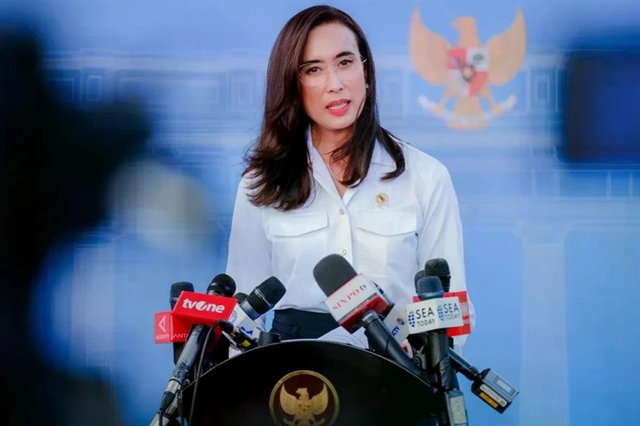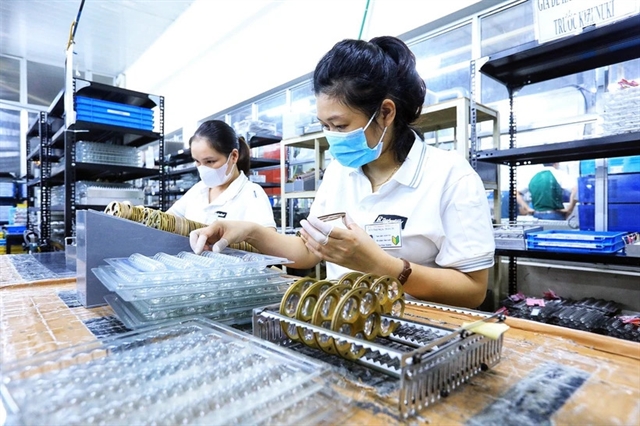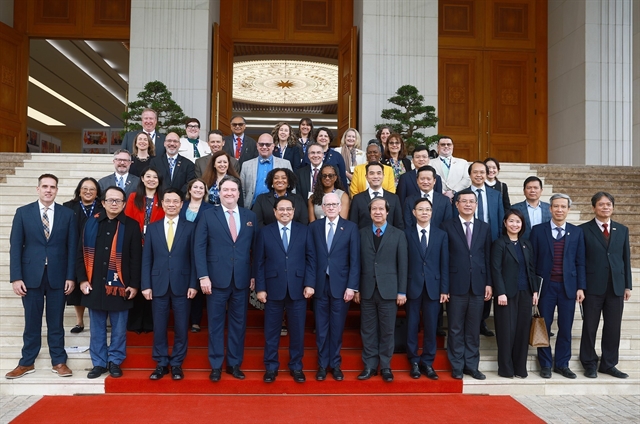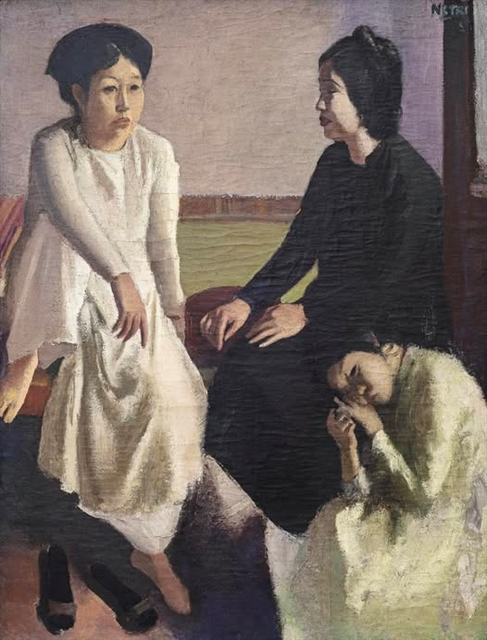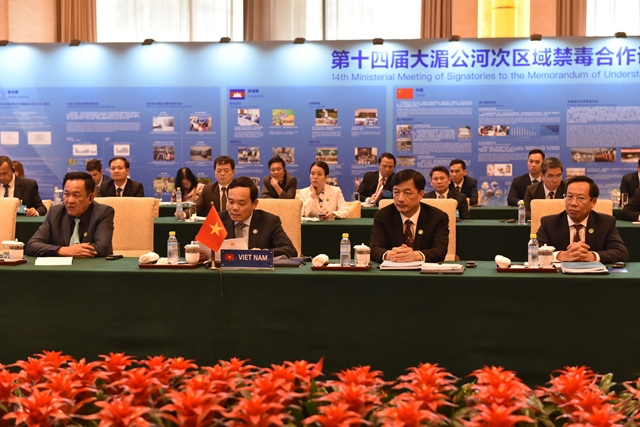 Politics & Law
Politics & Law

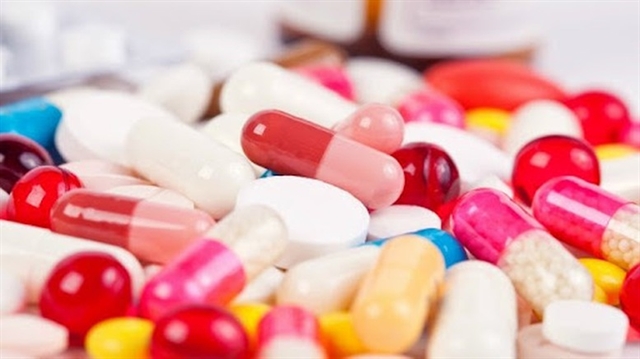 |
| The Ministry of Health proposes measures to remove problems in regulations on special drug control. Illustration photo |
HÀ NỘI – The Ministry of Health (MoH) is drafting a decree detailing several provisions and measures for implementing the Law on Pharmacy.
It proposes addressing existing issues and obstacles in the regulations on special drug control.
After seven years of implementation, some provisions in Decree No. 54/2017/NĐ-CP, which detail measures for implementing the Law on Pharmacy, have revealed challenges, particularly concerning the control of special drugs.
Reporting requirements for radioactive drugs are deemed unnecessary in their current form so some can be simplified such as transfer and biannual reports. Instead, annual periodic reporting templates, similar to those for drugs and substances in the list of prohibited substances for certain industries, will be revised.
The reporting procedures on export, import, inventory and usage for toxic drugs and toxic materials used in pharmaceuticals are inconsistent with the management of drugs and substances listed as prohibited for use in specific fields.
Procedures for authorising the disposal of narcotic drugs, psychotropic drugs, precursors and materials used to produce these drugs currently do not align with the decentralisation measures specified in Decision No. 1015/QĐ-TTg dated August 2022.
Administrative procedures for importing controlled drugs have not been sufficiently streamlined.
The ministry proposes amending and supplementing regulations on special drug control including adding a regulation requiring vehicles transporting raw materials for drugs (narcotics, psychotropics, precursors, narcotic drugs and psychotropic drugs) to be equipped with journey-monitoring cameras. Transport must also ensure security to prevent loss.
The requirement for radioactive drug export, import and inventory reports will be abolished and replaced by annual reporting templates similar to those for controlled substances.
The ministry introduces a once-a-year reporting requirement for export, import, inventory and usage of toxic drugs and toxic materials used in pharmaceuticals.
Provincial health departments are permitted to process the procedures for destroying narcotic drugs, psychotropic drugs, precursor drugs, medicinal ingredients that are narcotic active ingredients, psychotropic active ingredients, and precursors used as drugs.
The draft also specifies that individuals delivering or receiving controlled drugs and materials must hold at least a diploma in pharmacy at the intermediate level.
For radioactive drugs, these individuals must also have a radiation safety certificate in accordance with the Ministry of Science and Technology’s regulations.
Transport personnel for controlled drugs must carry assignment documents from their employer, valid identification and relevant invoices.
For radioactive drugs, a radiation safety certificate is also required. All transactions must adhere to documentation requirements.
For raw materials that are narcotics, psychotropics or precursors, the draft decree regulates that pharmaceutical manufacturers may only import raw materials for their own production purposes.
Importers may only sell raw materials to manufacturers of controlled drugs or to specific organisations such as medical facilities, testing institutions, mandatory rehabilitation centres and research and training establishments.
For finished controlled drugs, manufacturers may only sell their products to entities licensed for wholesale and retail, medical facilities and research institutions while importers may only distribute drugs to specified entities such as medical facilities or institutions conducting research and testing.
All sales and purchases of controlled substances must comply with the Law on Pharmacy. VNS



